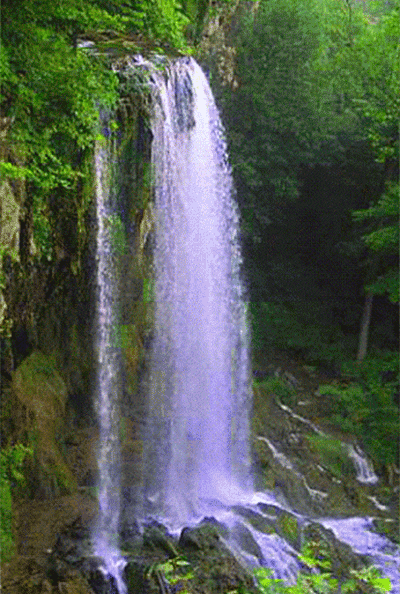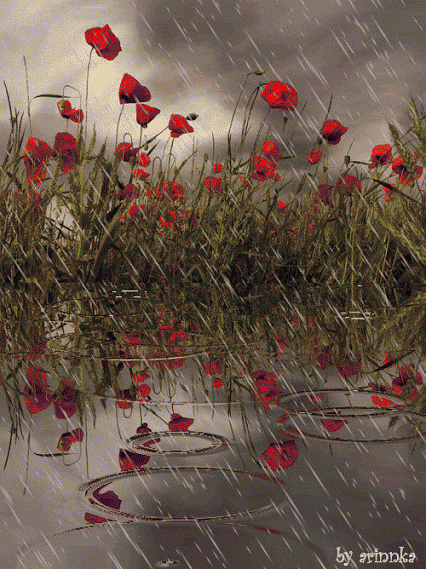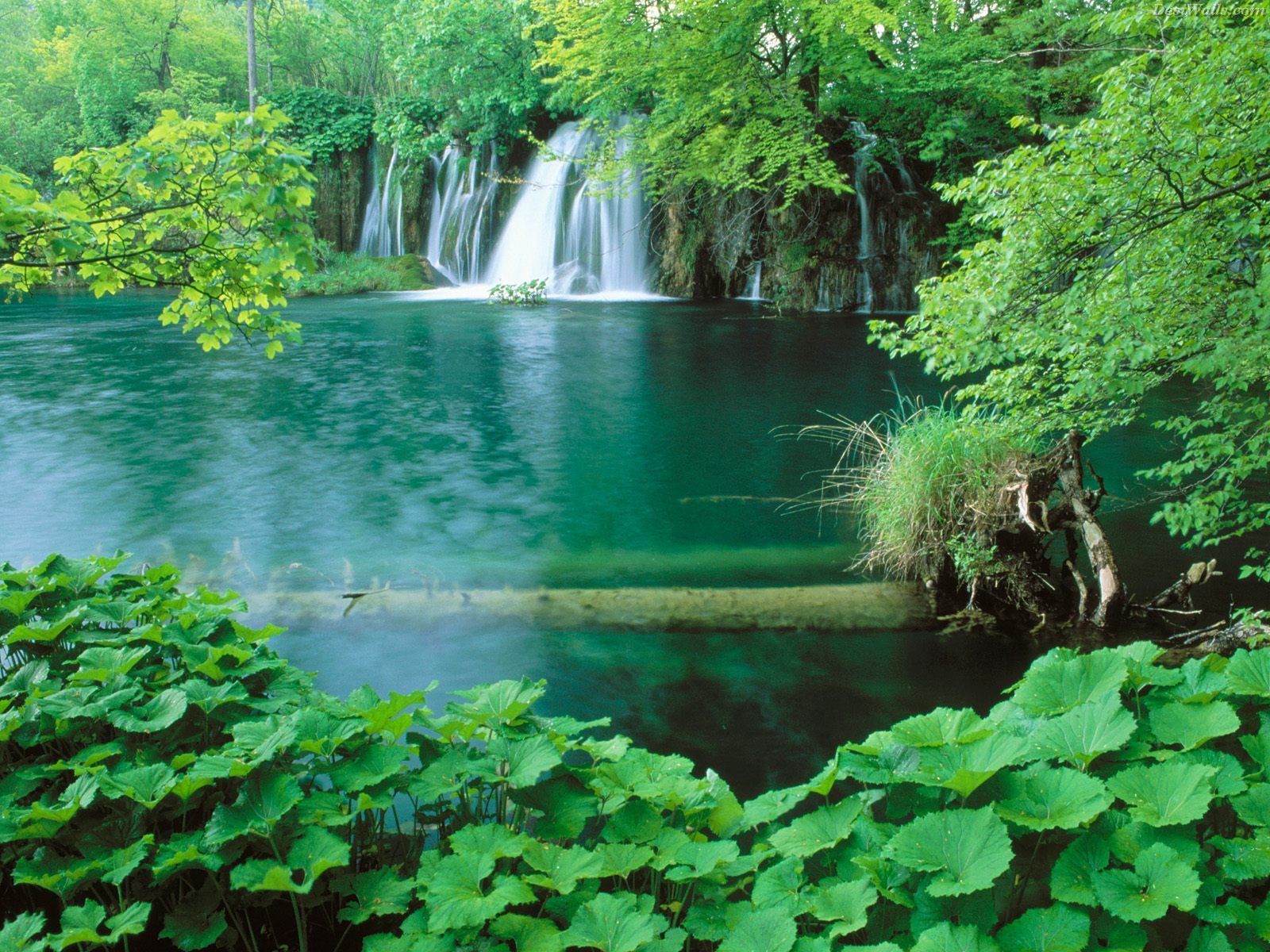
by 17th Karmapa
In the first of two sessions this morning, the 17th Karmapa clarified what it means to really practice Dharma.
First he dealt with some misconceptions. Many people have mistaken expectations about Tibetan Buddhism. They believe that Tibetan Buddhist practices have magical properties or miraculous powers that can solve all problems; if you’re ill, a Lama or prayers will heal you; if you have economic problems you will become rich. Though some advanced practitioners may be able to cure illness and help others, His Holiness warned that this is very unusual.
The practice of Dharma is not intended to solve such problems.“The practice of Dharma is there to solve the most fundamental problems in life,” he explained. What are these problems? However healthy we are, however successful or rich, there is no guarantee that we will be happy. We all experience mental suffering, agitation, and negative emotions. How then can we ever find peace of mind and happiness? The answer is that we can only become truly happy by transforming our minds: “The main purpose of Dharma practice is to train and transform your mind. Other things are incidental, not the main focus.”
A second misconception is that we have to give up a normal way of life to become a Dharma practitioner. On the contrary, Dharma practitioners need to integrate Dharma practice into every aspect of their lives, and use everyday activities as a way of practising Dharma.
A third misconception is that because we are Dharma practitioners, we should be perfect.We shouldn’t be short-tempered. We shouldn’t be jealous. We shouldn’t have too much attachment, and so forth. This leads some people to suppress these emotions, and, because they feel ashamed by them, they pretend not to have them. His Holiness advised that suppressing these negative emotions is of no help whatsoever, as we have avoided dealing with them directly. If we continue in this way, there is the danger that we may even begin to suffer from mental problems or a point will come when we can’t control the emotions any longer and they burst out in a very destructive way.
His Holiness assured everyone that it was a mistake to believe that negative emotions are “not allowed” because you are a Dharma practitioner. On the other hand, as a Dharma practitioner, you should not feel free to give them full rein either. What a Dharma practitioner should do is work with these negative emotions slowly, step by step, and learn how to control them, and, thus, eventually be rid of them. Speaking in English, from his own experiences of negative emotions, the Karmapa said: “Because I’m the Karmapa, people in their mind think I’m like the Buddha or like a god—no emotion. If I show anger they are shocked or they think I’m just playing. Sometimes, I’m really angry and they think, ‘How can the Karmapa be angry?’ “
He continued: “The day we become Dharma practitioners we don’t become a nice person. Working with emotions such as anger or hatred takes a long time, perhaps five or six years of inner dialogue with our negative emotions.”
Sometimes we fail to recognise negative emotions. However, by carefully observing our minds, we can familiarise ourselves with them. If we do this, we will not have to force the negative emotions into submission, they will diminish naturally.
His Holiness provided a story to illustrate this: Once upon a time there was a couple, who lived with their in-laws. The young wife had a very difficult relationship with her mother-in-law. The wife loved her husband and didn’t want to hurt him, but the situation with the mother-in-law was intolerable. So, in the end she decided that her only way out was to kill her mother-in-law.

She went to a doctor who gave her a medicine that he said would kill the mother-in-law slowly. It would take about a year. The doctor advised the wife that she should add the medicine daily to her mother-in-law’s food, but, when she was offering the poisoned food, she should always pretend to be kind and respectful.
The wife followed the doctor’s instructions. However, as time went on, she found that her relationship with her mother-in-law had changed, and they had become much closer. Now the wife no longer wanted to kill her mother-in-law, but she was fearful that the effects of the poison she had been administering might be irreversible. Frantically, she consulted the doctor. How could she undo the work of the poison?
The doctor reassured her. He had not prescribed poison at all. His intention from the beginning had been to heal the relationship.
We should deal with our negative emotions in a similar way and learn to understand our mind.
The heart of Dharma practice: The three trainings
Having contemplated the four thoughts that turn the mind to Dharma, and having understood the purpose of Dharma practice, how should one practise Dharma? His Holiness addressed this issue by giving a short explanation of each of the three trainings in ethical conduct, meditation, and wisdom. “All of Dharma practice is contained in these three,” he said.
The first training is in conduct. Human beings, unlike most other sentient beings, have moral discernment: we can distinguish between what to do and what not to do. But we often make mistakes because we are too short-sighted; we focus on temporary benefits and do not consider the long term.
The 17th Karmapa is well-known for his concern for the environment and his appeal for a world with less greed and more compassion. As an illustration of focusing on temporary benefits, he spoke of how, in order to gain short-term comforts for themselves, humans have created long-term effects which are causing great harm to other living beings and the environment. His Holiness stressed that we should never exploit the world we live in for the purpose of short-term benefits. He suggested that too many people regard the earth as an object that they can use as they like, and ultimately all her resources will be exhausted. But the earth provides for all our needs and gives us life.
“Rather than considering the Earth as a material thing, we should consider it as a mother who nurtures us; from generation to generation we need this loving mother,” he urged.
In addition, because of our self-centred attitude, we commit grave errors. On an individual level, we sometimes do things which cause harm to many others in order to ensure our own comfort. On a larger scale, one country might destroy the peace and happiness of other countries solely for its own benefit. Similar actions can be directed against different ethnic groups or different religions. Returning to an environmental theme, His Holiness gave a further example of our selfishness, reminding everyone of the cruelty and disregard with which humans treat defenceless wildlife. We destroy their habitats, dispossess them, and even kill them for our own benefit. In summary:

Continue reading →














